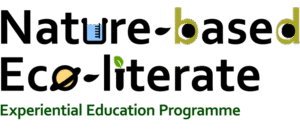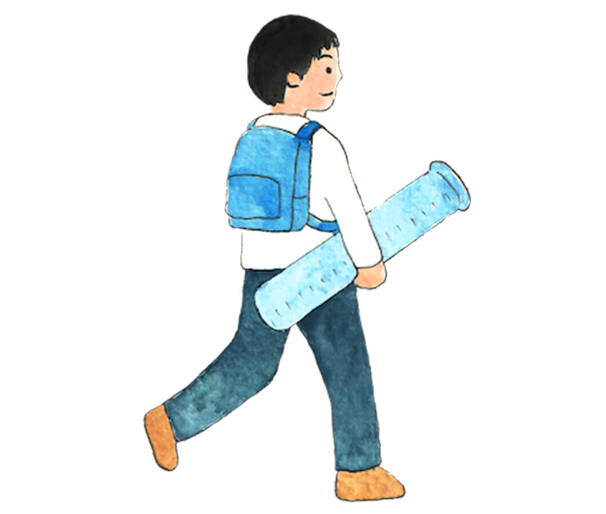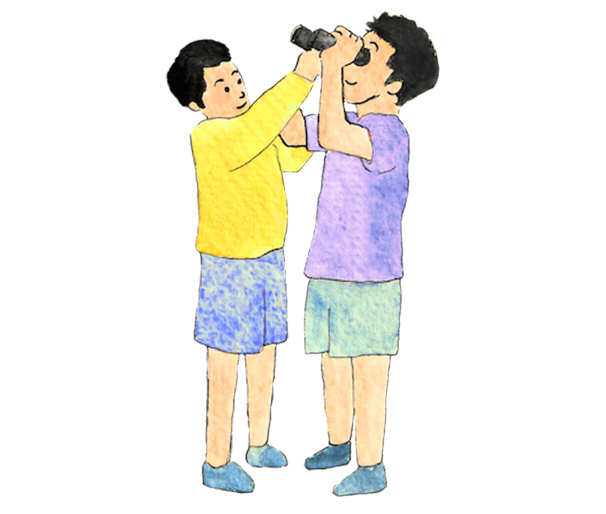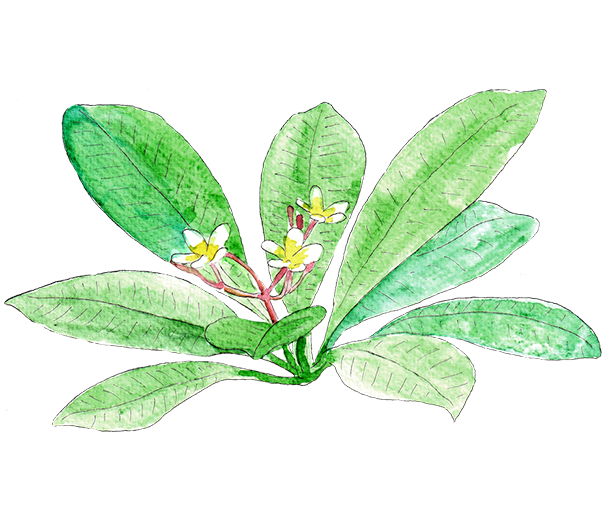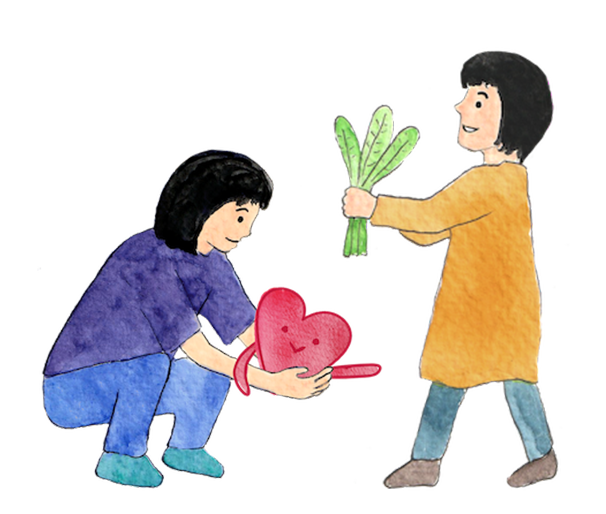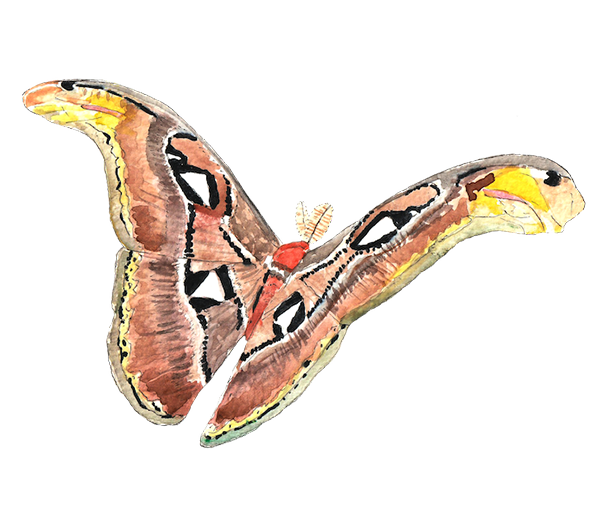Nature-based Eco-literate Experiential Education Programme (NEEEP)
About NEEEP
To support local primary schools in navigating the changes, challenges and opportunities brought about by the introduction of the new Primary Science Curriculum, which places growing emphasis on scientific inquiry, STEAM learning and sustainability education, Kadoorie Farm and Botanic Garden (KFBG) is launching the Nature-based Eco-literate Experiential Education Programme (NEEEP).
This three-year initiative is made possible by the generous support of the Drs Richard Charles and Esther Yewpick Lee Charitable Foundation (RC Lee Foundation), with a donation of HK$2.2 million supporting Phase One of the programme.
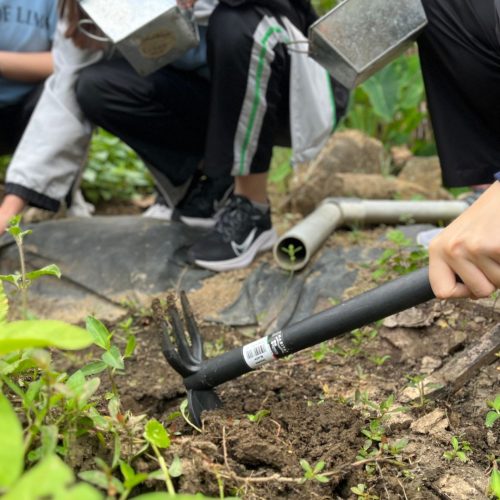
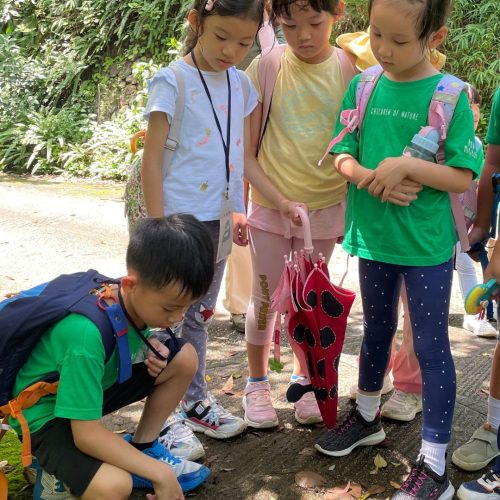
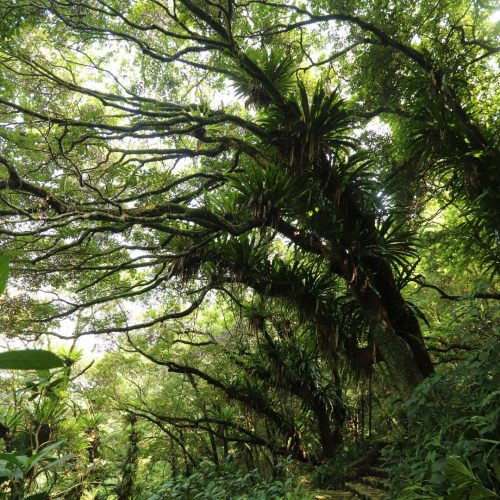
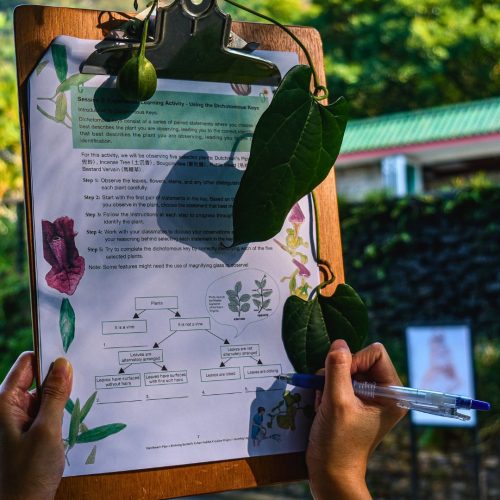
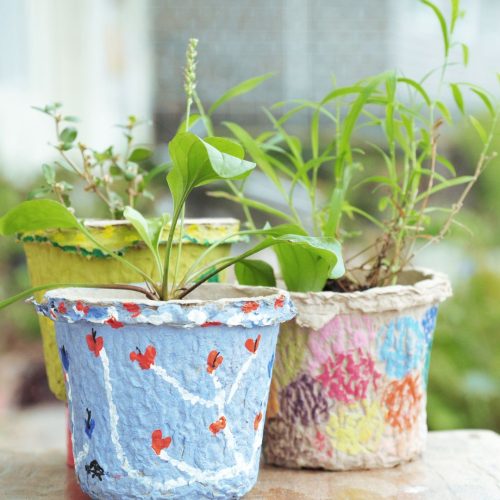
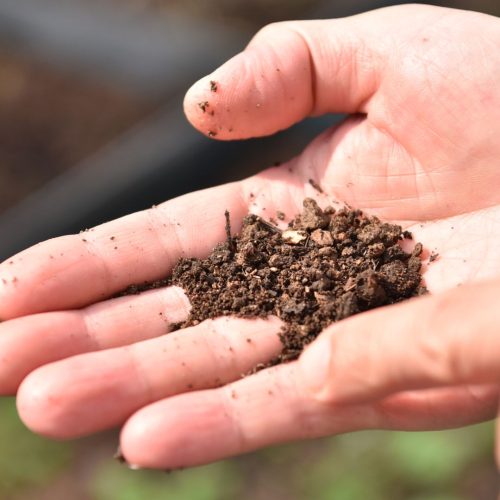
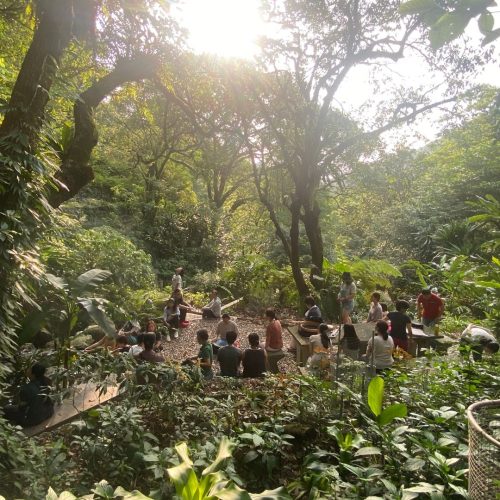
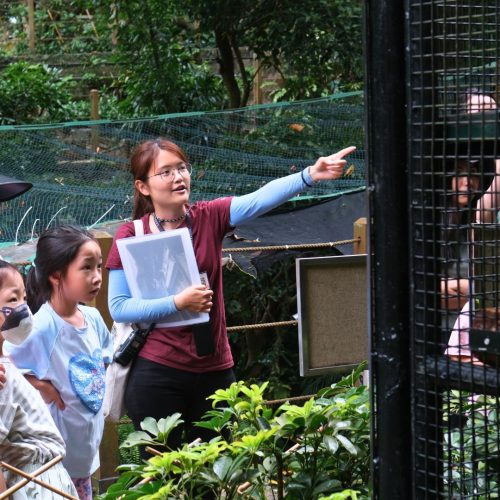
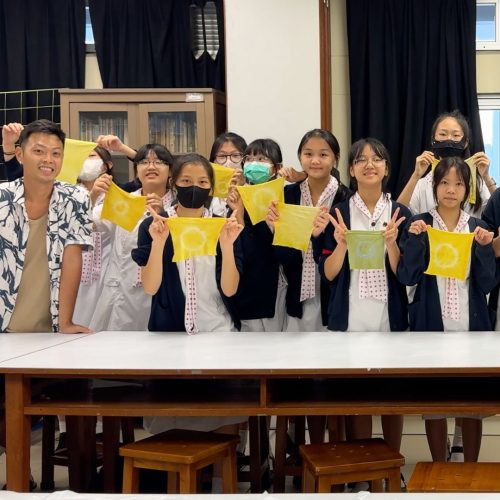
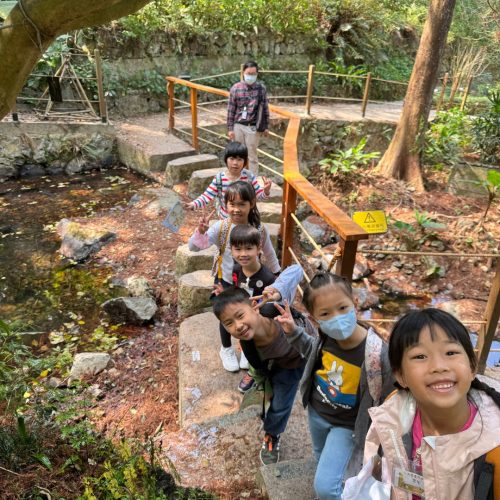
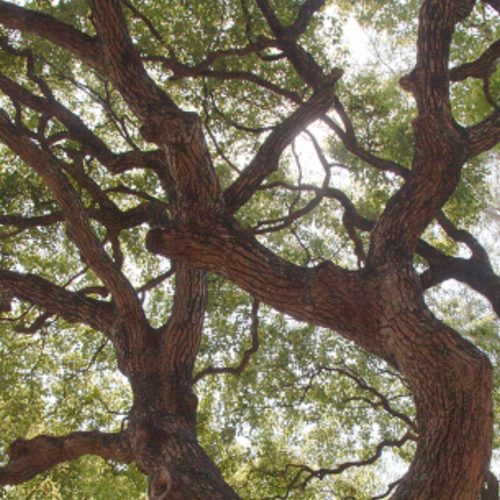
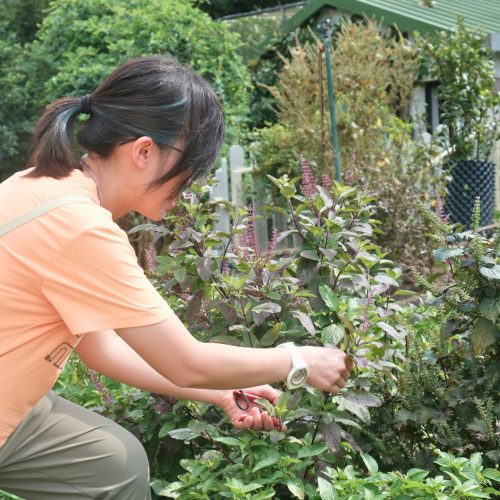
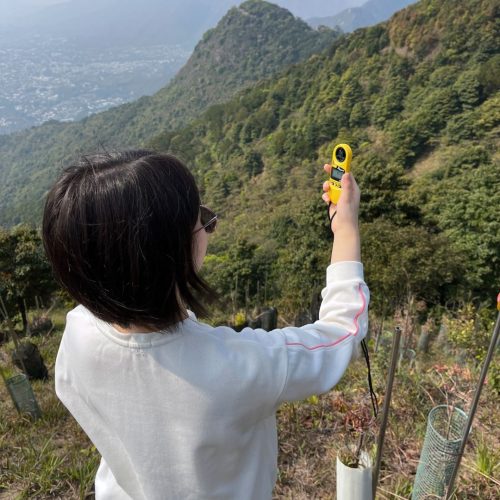
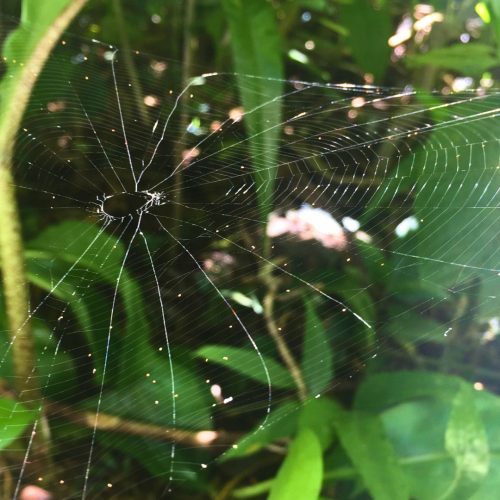

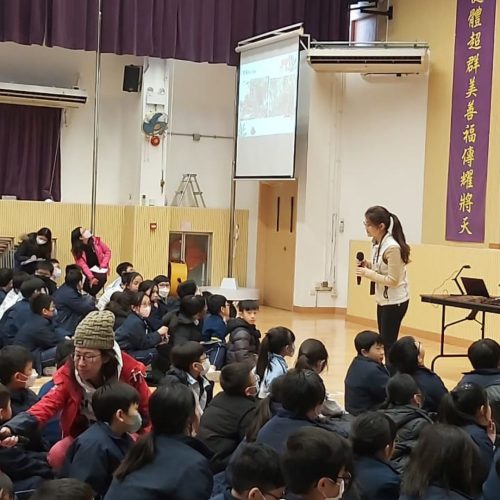
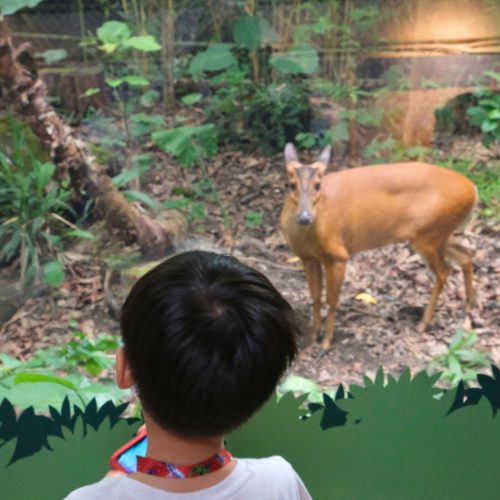
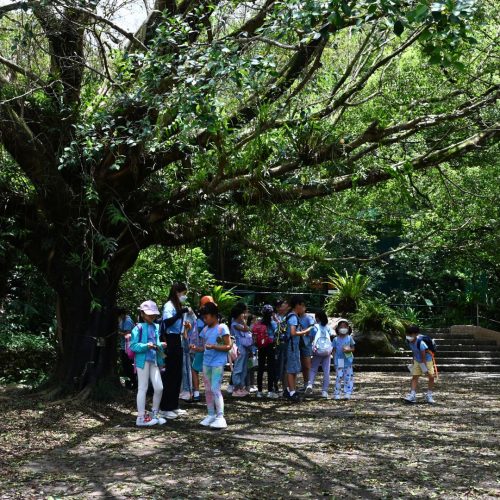
Our Mission
Positioning KFBG as a “Nature’s Classroom”, NEEEP invites schools to co-create meaningful, place-based learning experiences in an authentic natural environment, where students can explore nature through all their senses.
Objectives
- Co-develop locally relevant eco-literate experiential pedagogical materials with schools;
- Strengthen teaching practices through nature-based professional development and training;
- Engage students through hands-on, inquiry-based learning experiences on campus and at KFBG;
- Foster a network of like-minded schools committed to sustainability and environmental education;
- Facilitate knowledge exchange and resource sharing within the local primary school community.
Eco-literate Education Themes
Eco-literacy education themes are inherently interdisciplinary, allowing students to learn multiple subjects through exposure to a single theme. These themes align naturally with the Science key learning area (KLA) and are particularly relevant to the Humanities KLA too, where students understand the relationship between humans, the natural environment, sustainable development, and introspective competencies like self-awareness and well-being.
Indigenous Wisdom
Discover Indigenous wisdom, such as eating seasonally, and acknowledging the same origination of food and medicine, which connects students to traditional ecological knowledge and encourages sustainable practices aligned with natural cycles.
Examples of Topics
- The relationship of eating seasonally (不時不食) with lowering carbon footprint.
- The twenty-four solar terms (二十四節氣) and their synchronicity with human activities.
- Use of native plants for various needs (e.g., dyeing, herbal tea, mosquito repellent, balm) and their relationship with Hakka and local culture.
Corresponding Learning Strands:
1: Life and Environment
3: Earth and Space
4: Science, Technology,
Engineering and Society
Flora & Fauna
Exploring conservation stories of native and non-native species, students learn about threats to biodiversity and actions necessary to protect and enhance it for Hong Kong’s long-term ecological health.
Examples of Topics
- The conservation stories and threats faced by native flora and fauna species (e.g., incense tree, fig tree, barking deer, fruit bats) and their cultural heritage value to our culture.
- Learning to germinate and grow natively endangered plant species to recover their presence in Hong Kong and provide habitats for other animals that rely on them.
- Innovating devices or equipment using STEAM to create suitable habitats for preserving different species.
Corresponding Learning Strands:
1: Life and Environment
3: Earth and Space
4: Science, Technology,
Engineering and Society
Soil & Farming
Students discover the vital relationships among soil, plants, and animals, learning to appreciate and care for soil to support sustainable agriculture and biodiversity.
Examples of Topics
- Getting to know soil using the five senses, differentiating various types of soil, understanding their uses for different purposes, and learning about soil composition.
- Hands-on work to nurture a piece of farmland or planter area, including weeding, turning the soil, fertilising, etc.
- Creating an artwork that illustrates the interrelationships for soil, plants, animals, and humans.
Corresponding Learning Strands:
1: Life and Environment
3: Earth and Space
Ecosystem and Habitat Restoration
Students study Hong Kong’s forest history and reforestation efforts, understanding the importance of restoring habitats for carbon sequestration and biodiversity enhancement.
Examples of Topics
- Learning about local logging and planting history and the reforestation of our forests.
- Identifying common local and non-local species to understand our community.
- Observing seeds and learning about their dispersal methods.
- Conducting tree surveys, setting up infrared camera traps, and experiencing forest management.
Corresponding Learning Strands:
1: Life and Environment
3: Earth and Space
4: Science, Technology,
Engineering and Society
Food
Students learn about the journey from farm to table, the importance of fermentation, and adopting a low-carbon diet to reduce environmental impact and promote sustainable living.
Examples of Topics
- Exploring the organic farm with the five senses and getting to know commonly grown food crops.
- Building a solar oven using STEAM techniques for low carbon footprint meals.
- Making conscious food choices with low carbon footprint through gamification.
Resources Cycle
Students explore the scarcity of resources and practical ways to preserve them, emphasising the importance of sustainable resource use.
Examples of Topics
- Using bokashi as a technique for simple food composting.
- Understanding the water cycle in forests. Learning how to treat wastewater using low-impact methods.
- Woodworking using fallen timbers, and creating insect hotels in schools to enhance biodiversity.
Corresponding Learning Strands:
1: Life and Environment
3: Earth and Space
Nature Arts
Through activities such as Zentangle, pastel art, origami, and music concert in nature, students express themselves creatively while reconnecting with nature, enhancing their communication skills and emotional well-being.
Examples of Topics
- Appreciating the beauty of nature and creating various expressive art drawings, such as Zentangle and pastel art.
- Playing musical instruments that produce natural sounds, such as rain sticks, nut shakers and scrapers.
- Calming and grounding students through mindful expressive art activities.
Wellbeing
Students understand the importance of wellbeing, with nature serving as a restorative environment supported by empirical evidence, helping them recharge and maintain mental and emotional health at large.
Examples of Topics
- Participating in forest immersion walks to build self-awareness and foster connections with the forest.
- Engaging in mindfulness, children's yoga, body movement, etc., to support students’ resilience.
- Going on mini hikes in the mountains, fostering emotions of awe, and gratitude, which are beneficial to wellbeing.
Partner Schools

Cho Yiu Catholic Primary School

The Evangelical Lutheran Church of Hong Kong Wo Che Lutheran School
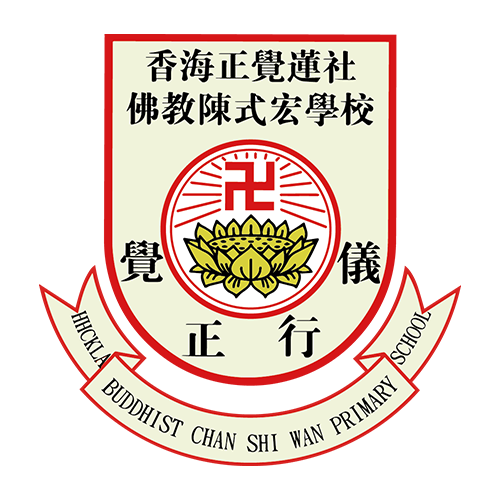
HHCKLA Buddhist Chan Shi Wan Primary School

RTC Gaia School

Sai Kung Sung Tsun Catholic School (Primary Section)

Shak Chung Shan Memorial Catholic Primary School

S.K.H Tin Shui Wai Ling Oi Primary School

